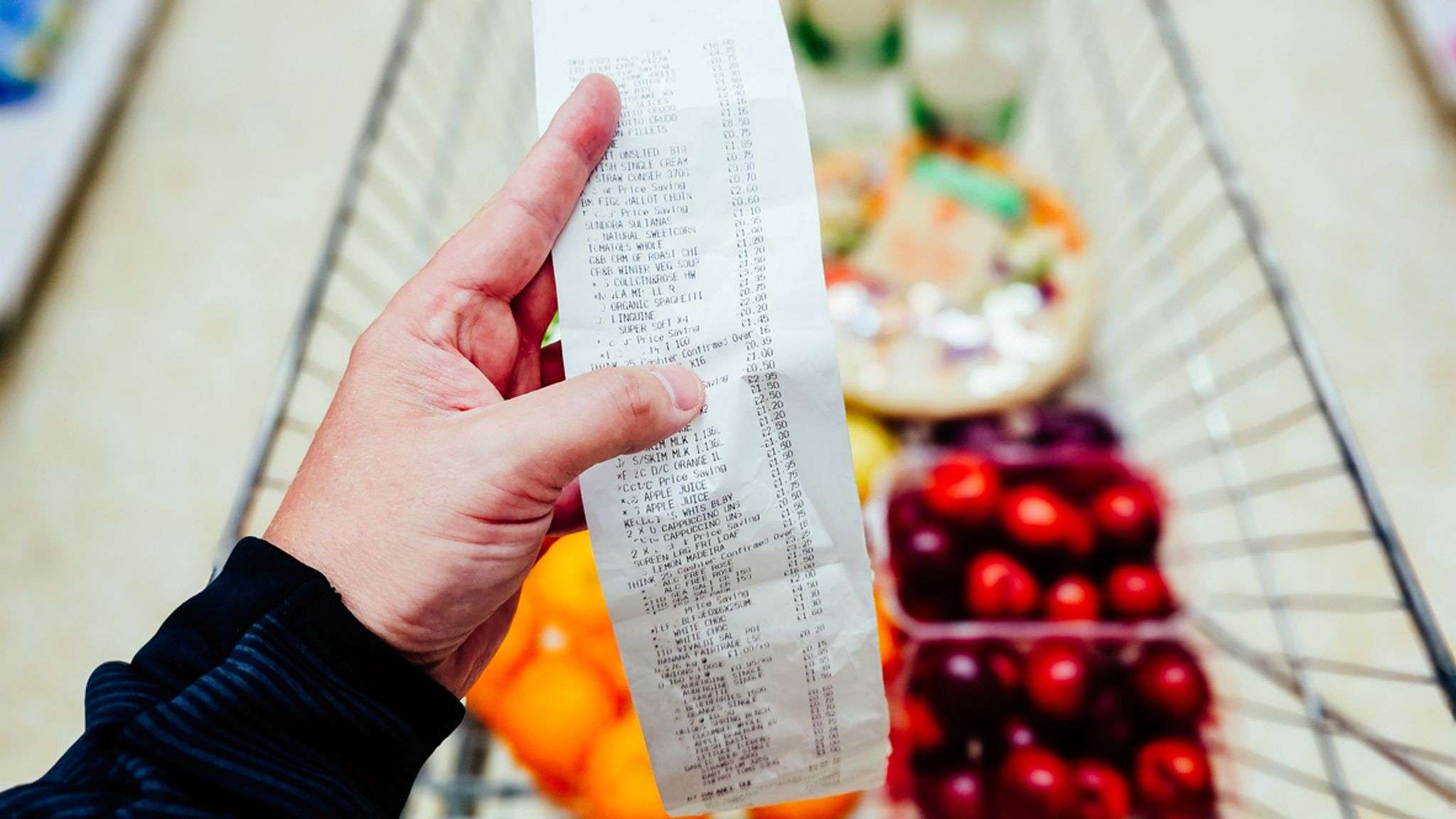The UK’s Consumer Price Index (CPI) inflation has risen to 2.2% in July, marking the first increase in more than six months. This development comes after a period of consistent decline in inflation rates, which had provided some relief to households and businesses alike. The modest uptick in inflation, while notable, fell slightly short of the expectations set by both central bankers at the Bank of England and economists polled by Reuters, who had forecasted a rise to 2.3%.
The CPI, which measures the average change over time in the prices paid by consumers for a basket of goods and services, is a crucial indicator of economic health. The return to growth in the inflation rate, after months of stagnation or decline, indicates renewed upward pressure on prices. This could be due to various factors, including supply chain disruptions, changes in consumer demand, or shifts in global commodity prices.
Despite the increase, the fact that inflation did not rise as much as expected suggests that the underlying economic forces driving price changes may be more subdued than anticipated. The Bank of England, which had been preparing for a more significant rise, may view this as a sign that inflationary pressures are not as severe as previously feared. However, even a small deviation from expectations can have implications for monetary policy, as the central bank closely monitors inflation to determine its interest rate strategy.
Economists and policymakers will now be watching closely to see if this increase in CPI inflation marks the beginning of a new upward trend or if it is a temporary blip in an otherwise stable inflationary environment. The Bank of England, in particular, may need to adjust its forecasts and strategies based on this latest data, balancing the need to support economic growth with the mandate to keep inflation within target levels.
For consumers, the increase in inflation may lead to higher costs for everyday goods and services, although the impact is likely to be moderate given the small size of the increase. Businesses, on the other hand, may face increased input costs, which could lead to price adjustments that further influence inflation in the coming months.
Overall, while the rise in CPI inflation to 2.2% marks an end to the period of declining inflation, the fact that it fell short of expectations indicates a mixed picture for the UK economy. The coming months will be crucial in determining whether this marks the start of a more sustained increase in inflation or if the economy will return to the more stable inflationary environment seen in recent months.














































